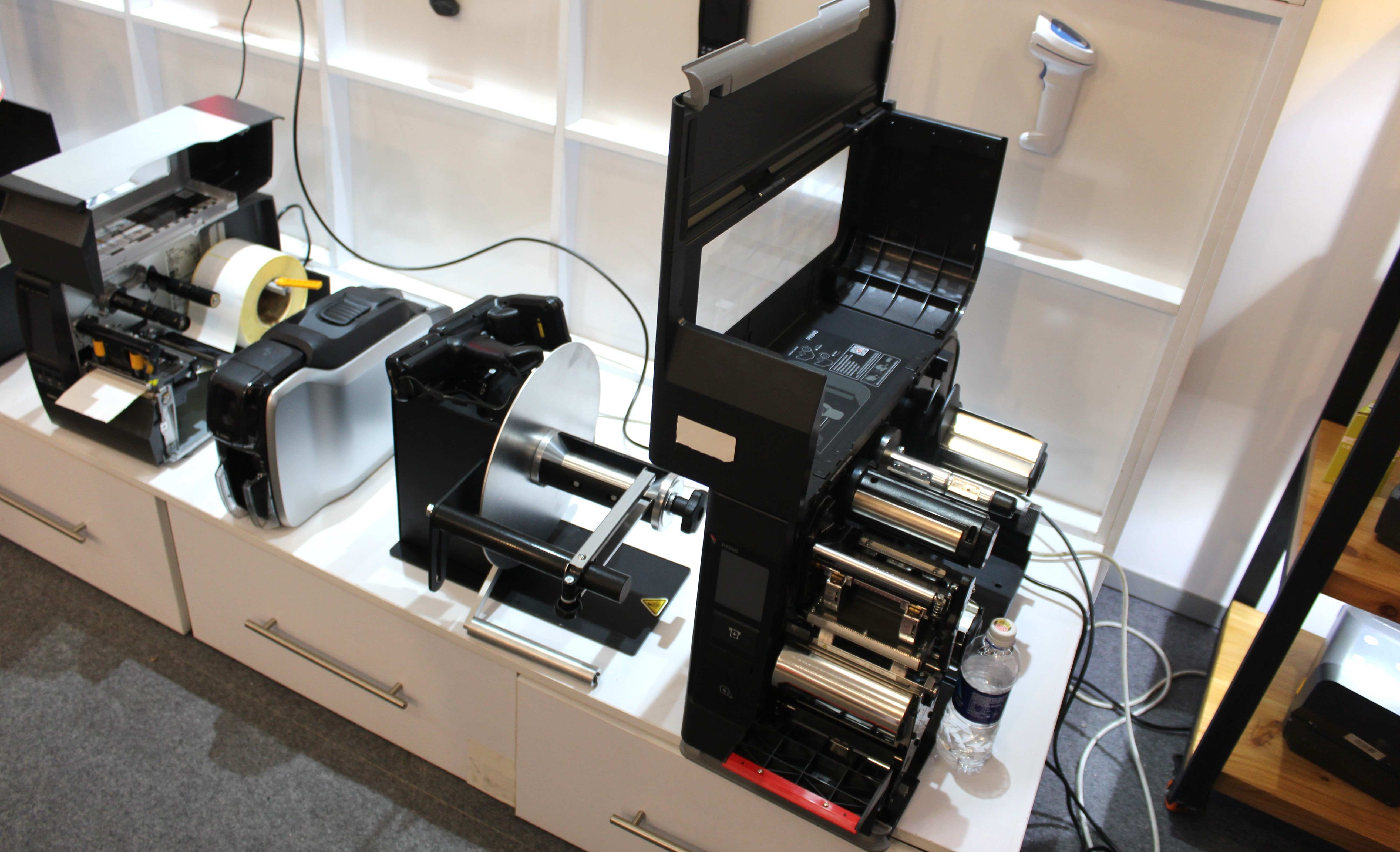
ʙʏ Vɪᴄᴛᴏʀ Oᴋᴇʏᴏ,
Digitization has played a key role in this steady growth, and the automation of duties and traceability of products have been pivotal. Krystal Scanning & Mobility Group Limited, a Kenyan tech company offering end-to-end supply chain automation, from harvest labeling to warehouse dispatch, has enabled data-driven decision-making for farmers, exporters, and cargo handlers.
The International Flower Trade Expo (IFTEX 2025), if anything, highlighted the resilience and adaptability of Kenya’s floriculture industry to global trends.
From resilience breeding to a robust value chain, the industry, which earned $835 million in exports in 2024, is expected to reach USD 1.41 billion by 2029, growing at a CAGR of 5.20% during the forecast period (2024-2029).
Digitization has played a key role in this steady growth, and the automation of duties and traceability of products have been pivotal. Krystal Scanning & Mobility Group Limited, a Kenyan tech company offering end-to-end supply chain automation, from harvest labeling to warehouse dispatch, has enabled data-driven decision-making for farmers, exporters, and cargo handlers.
“In the last 4 years, there has been an uptake, and farmers are transitioning from manual data entry (pen and paper) to automated real-time traceability,” says Joseph Rwanda, a Technical Sales Engineer with Krystal Scanning & Mobility Group Limited. The majority of farmers are self-labeling at source using mobile printers and computers.
With products such as mobile data capture devices, barcode labeling devices, and real-time tracking, the company enables digital transformation in floriculture as Kenyan agriculture shifts toward tech-savviness and efficiency.
“To print these QR codes, we utilize Zebra Mobile Printers (ZQ220 Plus), known for their reliability and portability in field conditions. Data capture is facilitated through handheld Zebra devices (Zebra TC26), which feature integrated scan engines. These devices streamline key operational transactions such as picking, receiving, dispatching, sorting, and grading by enabling quick and accurate scanning in the field, says Mr. Rwanda.
These QR codes encapsulate critical data including:
- Harvester and grader identity
- Greenhouse number or location
- Stem length
- Timestamp of harvest

“To ensure a smooth shipping process, we have also deployed versatile label printers like the Zebra ZT411 and Zebra ZT421,” he adds.
These printers produce high-quality labels that maintain durability and readability throughout the supply chain, further enhancing operational efficiency.
“With this suite of solutions, our clients experience significant improvements in operational efficiency and product traceability.”
Moreover, client data sovereignty is a key objective in the company’s operations.
“We set up the solution for the client and they host it on their own,” he highlights.
He affirms his confidence in system integrity and data privacy protection, which is crucial for trust-building in tech adoption, saying, “Yes, we ensure the data is secure.”
Rwanda further highlights that despite the central role played by tech companies, barriers in customs when importing tech products, especially for local companies, need to be addressed.
Kenya applies a Common External Tariff (CET) aligned with EAC, with duties ranging from 0 to 100%, averaging around 25%, plus VAT, excise, railway, and import fees.
While aimed at protecting local industries, this layered system creates classification challenges for tech imports, especially new automation devices that may not fit cleanly into existing HS codes.
“Once you bring a new device, it’s a whole complicated structure to be able to classify that device, to be able to clear that device in terms of the HS codes, what does it do?” He poses.
“The cost of production for the labels has also risen because of the new taxes imposed on paper,” he says, highlighting how tax policy affects both packaging standards and digital innovation, pushing the industry toward cost-saving adaptations.
The 2023 Finance Act introduced an export and investment promotion levy paid by the importer of specified goods, including paper, with a rate of 17.5% or 10%, depending on the item.
To enable continuous steady growth, as evident at the expo, streamlining is urgently needed in IT importation processes to support local innovators, and a review of the taxation of essential materials is essential.
“It’s an intricate structure,” he laments, referring to Kenya’s tech importation hurdles.
As Kenya positions itself as a global leader in floriculture, Krystal Scanning & Mobility Group Limited aims to become the top choice for exporters through its innovative automation and traceability solutions, “…to be the number one choice in terms of traceability solutions, warehouse automation, and making their processes more efficient.”
To achieve this objective, Krystal Scanning & Mobility Group Limited focuses on capacity building through regular training with international partners and the adoption of global best practices. Constant exposure to global trends allows them to adapt innovations locally, boosting relevance and service quality.
As floriculture advances into a more tech-integrated future, companies like Krystal Scanning & Mobility Group Limited aren’t just following the trends; they’re helping shape them.
“By embracing Krystal’s warehouse automation technologies, horticulture businesses can optimize their workflows, enhance quality control, and meet stringent market demands with confidence,” says Mr. Rwanda.
